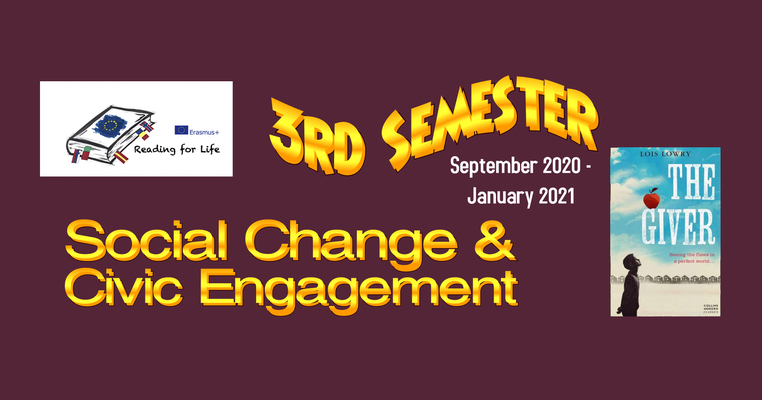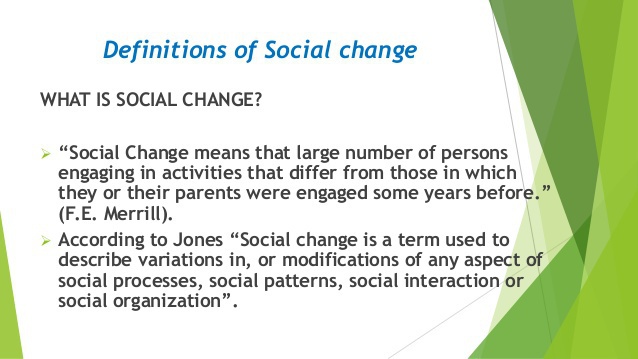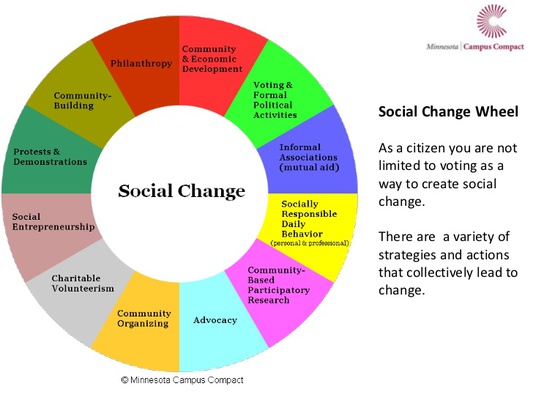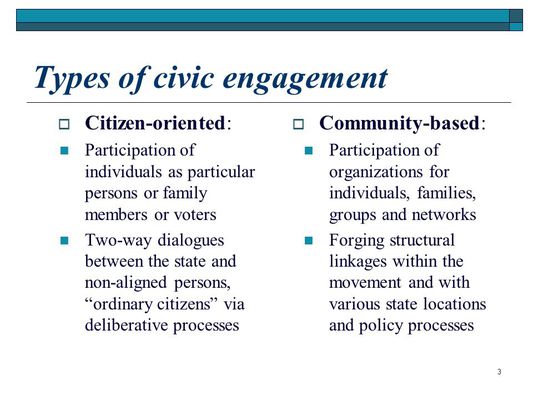
Social change is way human interactions and relationships transform cultural and social institutions over time, having a profound impact of society.
Social change is a concept many of us take for granted or don't really even understand. No society has ever remained the same. Change is always happening.

Change Begins With How and When We Interact With Others
When we listen respectfully to others who have different opinions and life experiences than our own, we take the first step in listening; we accept that there are myriad perspectives and points of view on most issues of concern. If we truly want to be a participant in real change, we cannot stop at acceptance, but we must have conversations that push and pull, that asks us to give and take. And if we are willing to do that, we can find those points of agreement and come together on them. We needn't concede those points that define our values but find ways to work together towards positive change that reflects our shared values. It is the art of principled compromise that has the power to create a more lasting change.
Source: https://www.snhu.edu/about-us/newsroom/2017/11/what-is-social-change

Civic engagement or civic participation is any individual or group activity addressing issues of public concern. Citizens acting alone or together to protect public values or make a change or difference in the community are common types of civic engagement.
Civic Participation is a key issue in the Social and Community Context domain. Civic participation encompasses a wide range of formal and informal activities. Examples include voting, volunteering, participating in group activities, and community gardening.
Through civic engagement, such as voting and volunteering, people develop and use knowledge, skills, and voice to cultivate positive change. Such actions can help improve the conditions that influence health and well-being for all.
